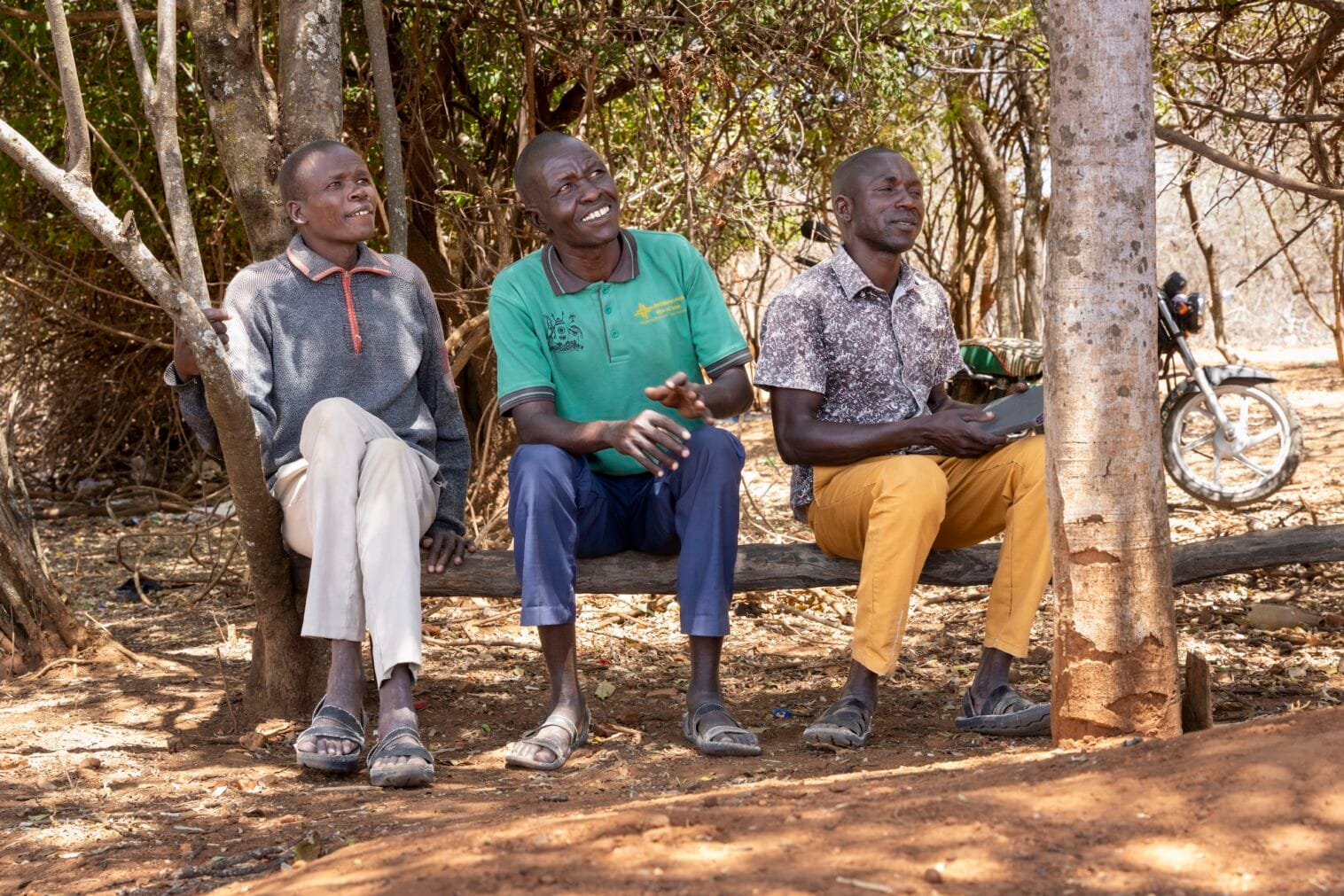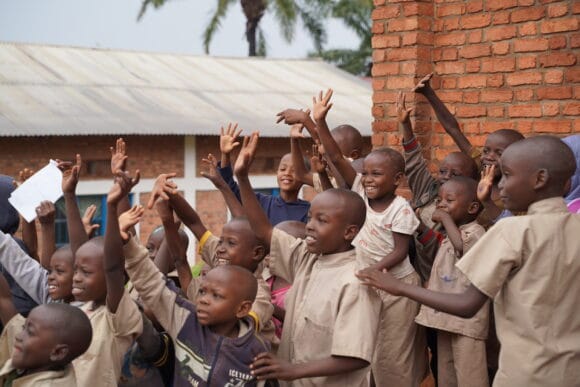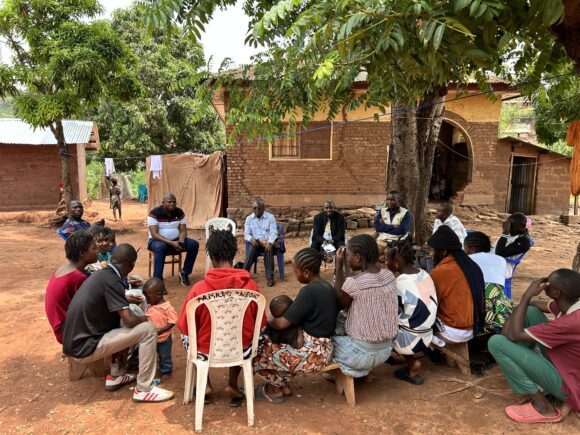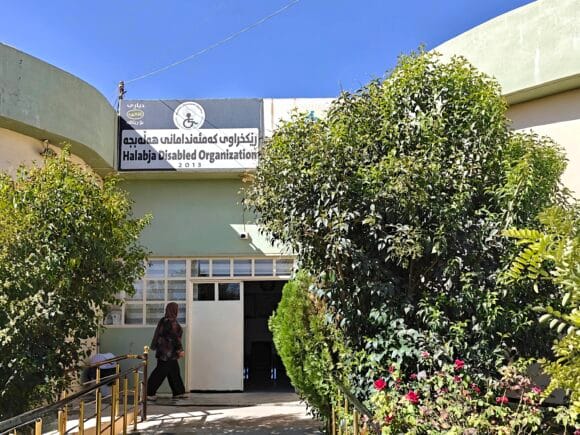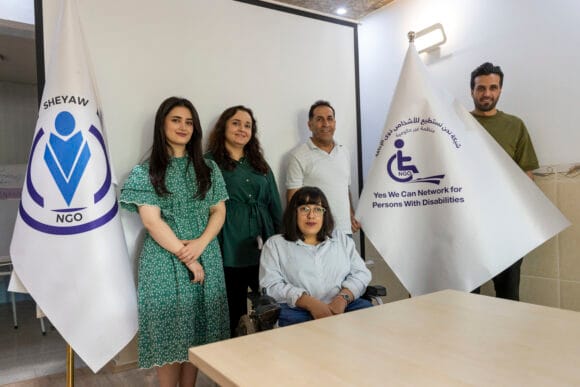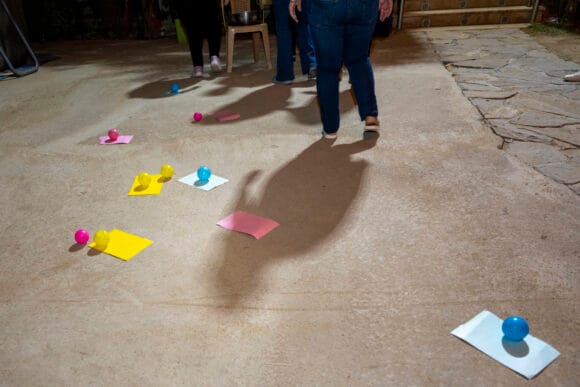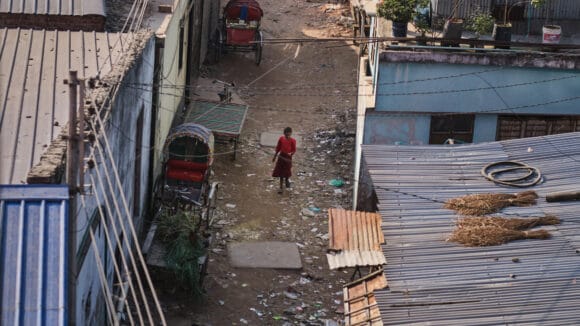What would happen if men took responsibility for promoting the rights of women and children? And what if men collectively stood up against violence, child marriage, and gender discrimination?
In Karamoja, northeastern Uganda, men’s active involvement in promoting the rights of women and children has transformed communities. Men from the pastoralist tribe have become courageous agents of change.
In Pokot communities, a men’s movement called Male Change Agents has taken root – men as drivers of change. These fathers, grandfathers, and brothers challenge deeply rooted traditions and boldly defend the rights of women and children.
The members of the movement include respected community elders, youth leaders, and even former offenders. Through Fida and the Pentecostal Churches of Uganda’s development cooperation, they have been trained to promote change in their own villages.
– The work done in the Karamoja region is impressive, says Paula Konttinen, Fida’s Regional Manager for Development Cooperation.
– The staff are skilled and local. They know the language and understand the culture. When we began working in the region, we were able to get things moving right away.
Through training, men have started to reshape attitudes and gender roles within their communities. They stand against harmful practices such as female genital mutilation, child marriage, and gender-based violence – and now serve as role models for a new generation.
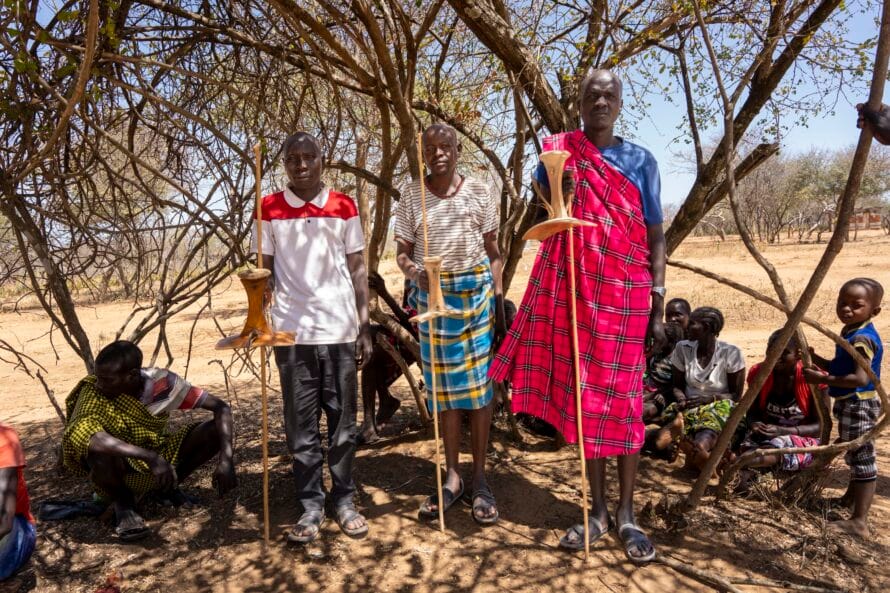

The men’s groups also support the empowerment of women, promote girls’ education, and serve as positive role models in respecting women, sharing household responsibilities, and raising educated daughters.
Education is the key to life. It drives development.
About 209,000 people in Uganda speak the Pokot language. Roughly half of them are Christians, while the rest practice traditional religions. Traditionally, women have had little say in family or community matters, and their value has often been tied to the cattle dowry paid at marriage.
The changemakers organize community discussions, peer training, and awareness campaigns. They create safe spaces where people can openly talk about men’s roles, traditions, and change.
In addition, they mediate conflicts and help families access healthcare, education, and social services.
“The world has changed – now we, too, value education.”
In the village of Kosikyen in Amudat District, men gathered for a meeting. Of the ten men present, only one had attended school. Yet all of them proudly shared that their children now go to school. One Pokot man described the change this way:
– Education is the key to life – it drives development. We were taught only to take care of the cattle, but the world has changed. Education is now important.
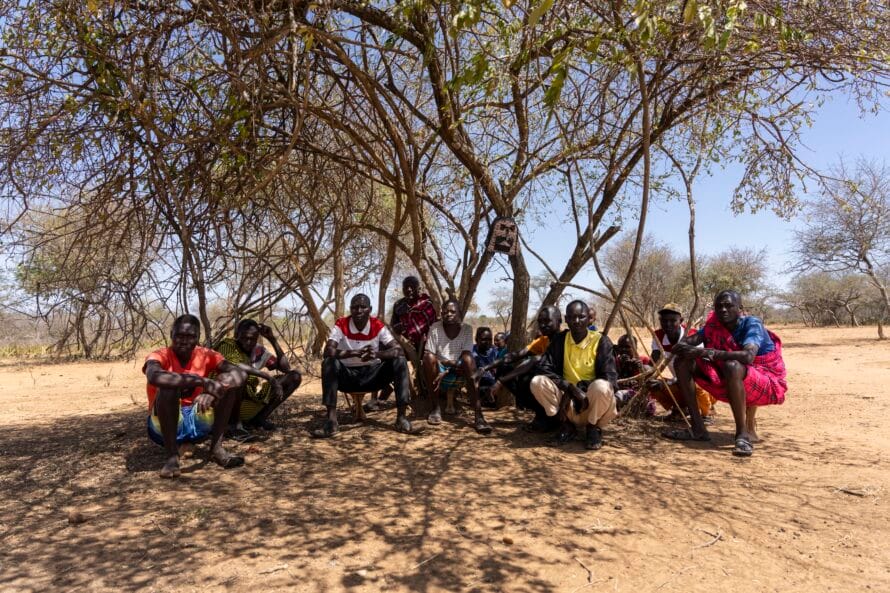

These men don’t just influence others. They are living proof that real change is possible. Their courage to challenge deeply rooted norms and build a better future for children and youth is transforming their communities.
Real change is taking place – and it’s men who are leading the way.

